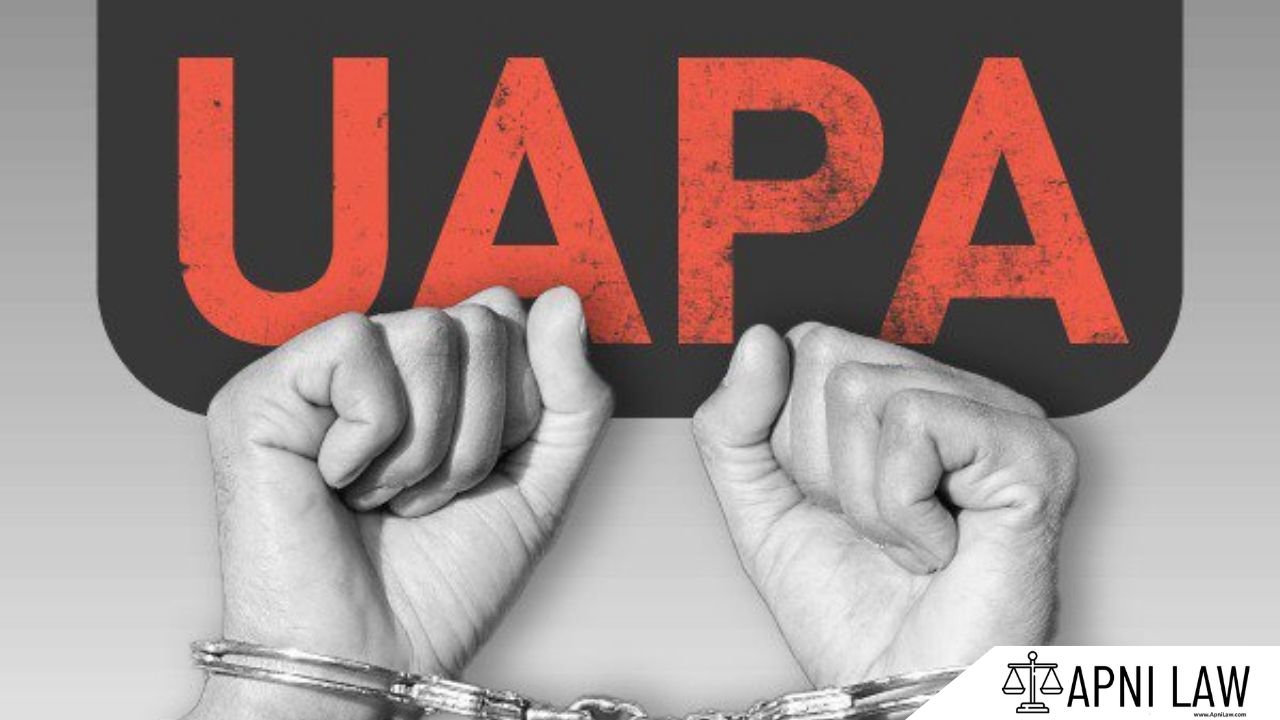Code:
When a presiding Judge or Magistrate has recorded the evidence of a witness, he shall also record such remarks (if any) as he thinks material respecting the demeanour of such witness whilst under examination.
Explanation:
Section 280 CrPC mandates that judges and magistrates must refrain from making remarks about the character or conduct of any person during judgment delivery, unless:
- The remarks are directly related to the case’s issues.
- They are crucial for the judgment’s clarity.
- They guide the prosecution or defense.
- They are intended to inform the public.
Illustration:
Imagine a witness in a theft case is found to be giving contradictory statements. The judge can comment on the witness’s inconsistency, but should avoid making personal remarks about their character or integrity. The judge could state, “The witness’s testimony appears to be contradictory and needs further clarification,” instead of making remarks like, “The witness is clearly lying.”
Common Question and Answers:
Q: What is the purpose of Section 280 CrPC?
A: Section 280 ensures fairness and impartiality in legal proceedings. It prevents judges from unfairly influencing the public perception of individuals involved in a case.
Q: Can a judge make any remarks about a witness’s demeanor?
A: While judges can observe and comment on a witness’s demeanor if it is relevant to the case, they should avoid personal attacks or subjective opinions.
Q: What are the consequences of violating Section 280?
A: While not specifically mentioned, violating this section could lead to contempt of court proceedings or even a challenge to the judgment based on biased remarks.








